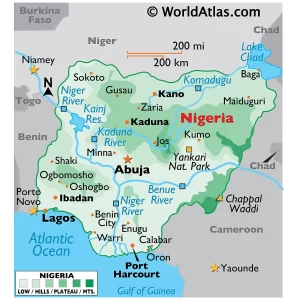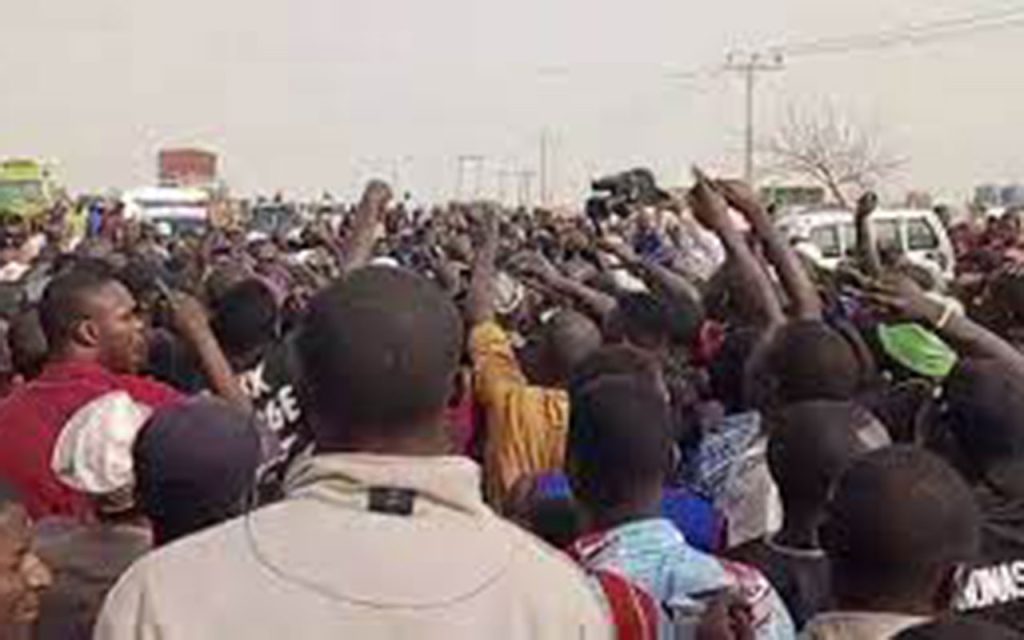Deadly Bandit Attack Rocks Niger State: 2 Killed, 10 Kidnapped

Armed bandits struck a farming settlement in Niger State early Thursday. They left two dead and kidnapped ten others. The attack highlights growing security challenges in Nigeria’s agricultural heartland.
Attack Details
Eyewitnesses report motorcycles carrying armed men surrounded the village at dawn. Gunfire lasted nearly an hour. Local vigilantes found burnt equipment and bloodstained clothes in cassava fields.
Ibrahim Musa, a survivor, said: “They took our strongest workers and killed those who resisted.” He’s now receiving treatment for gunshot wounds at a local clinic.
The attack occurred as farmers prepared their fields for the planting season. This timing maximizes the economic impact on the community and the broader agricultural sector.
Pattern of Violence
Security analyst Chidi Nwankwo noted: “This attack follows the same pattern we’ve seen in Borno and Zamfara. They strike during planting seasons to maximize economic damage.”
Last month, similar assaults killed 40 farmers in Borno State. The violence threatens Nigeria’s food security and economic stability.
These attacks are part of a larger trend of insecurity in Nigeria’s northern regions. Bandits, often operating in large groups, have been terrorizing rural communities for years.

Impact on Agriculture
Niger State’s agriculture ministry confirmed the affected farmers had received government-supplied seedlings. The attack disrupts a federal food security initiative aimed at boosting crop yields.
Agricultural workers report 60% of state-sponsored farming projects now need military protection. Crop yields have declined 22% year-over-year due to security issues.
Farmers in the region now face a difficult choice: risk their lives to tend their crops or abandon their livelihoods. Many have chosen to flee to urban areas, further straining Nigeria’s cities.
Economic Consequences
The crisis could push food inflation beyond current record levels. SBM Intelligence data shows northern farmers paid over ₦1.19 billion in extortion fees to armed groups last year.
The World Food Programme now classifies Niger as a priority intervention zone. 4.3 million Nigerians face acute hunger through 2025, a number that could rise if the security situation doesn’t improve.
“When bandits take farmers hostage, they’re not just kidnapping people – they’re holding entire harvests ransom,” said Dr. Fatima Abubakar, an agricultural economist.
The economic impact extends beyond just food prices. Rural-to-urban migration strains city infrastructure and services. The loss of agricultural productivity also affects Nigeria’s export potential.
Government Response
Niger State has deployed additional troops along major farming corridors. They’ve implemented a controversial shoot-on-sight policy for armed groups near agricultural zones.
Human rights organizations caution such measures risk civilian casualties. They cite last month’s mistaken drone strike that killed 85 harvest festival attendees in Kaduna.
The federal government has promised to increase security funding and explore new strategies to combat the bandit threat. However, many rural residents feel these efforts are too little, too late.

Community Response
Some communities are taking matters into their own hands. Local vigilante groups have formed to patrol farmlands and provide early warning of attacks.
Other farmers are pooling resources to hire private security. This adds to their production costs but provides some peace of mind.
Community leaders are also calling for increased government support. They want not just security, but also economic assistance to help rebuild after attacks.
Ongoing Crisis in Niger State
This year’s death toll among agricultural workers has reached 194. The Farmers’ Union of Nigeria reports 327 kidnappings since January.
Union president Kabiru Ibrahim called for a ₦500 billion security fund for rural communities. He stated: “Our members are becoming an endangered species while feeding the nation.”
The crisis has broader implications for Nigeria’s food security. As more farmers abandon their land, the country may face increased reliance on food imports.
Looking Ahead
Experts warn that without a comprehensive approach to rural security, Nigeria’s agricultural sector will continue to suffer. This could have long-lasting effects on the country’s economy and social stability.
Some propose technological solutions, such as drone surveillance of farmlands. Others advocate for community-based security initiatives that work alongside government forces.
As night falls, displaced farming families huddle in makeshift camps. Abandoned fields with withering seedlings symbolize Nigeria’s escalating security and food production crises. The coming weeks will be crucial in determining whether farmers can return to their lands and salvage the planting season.

